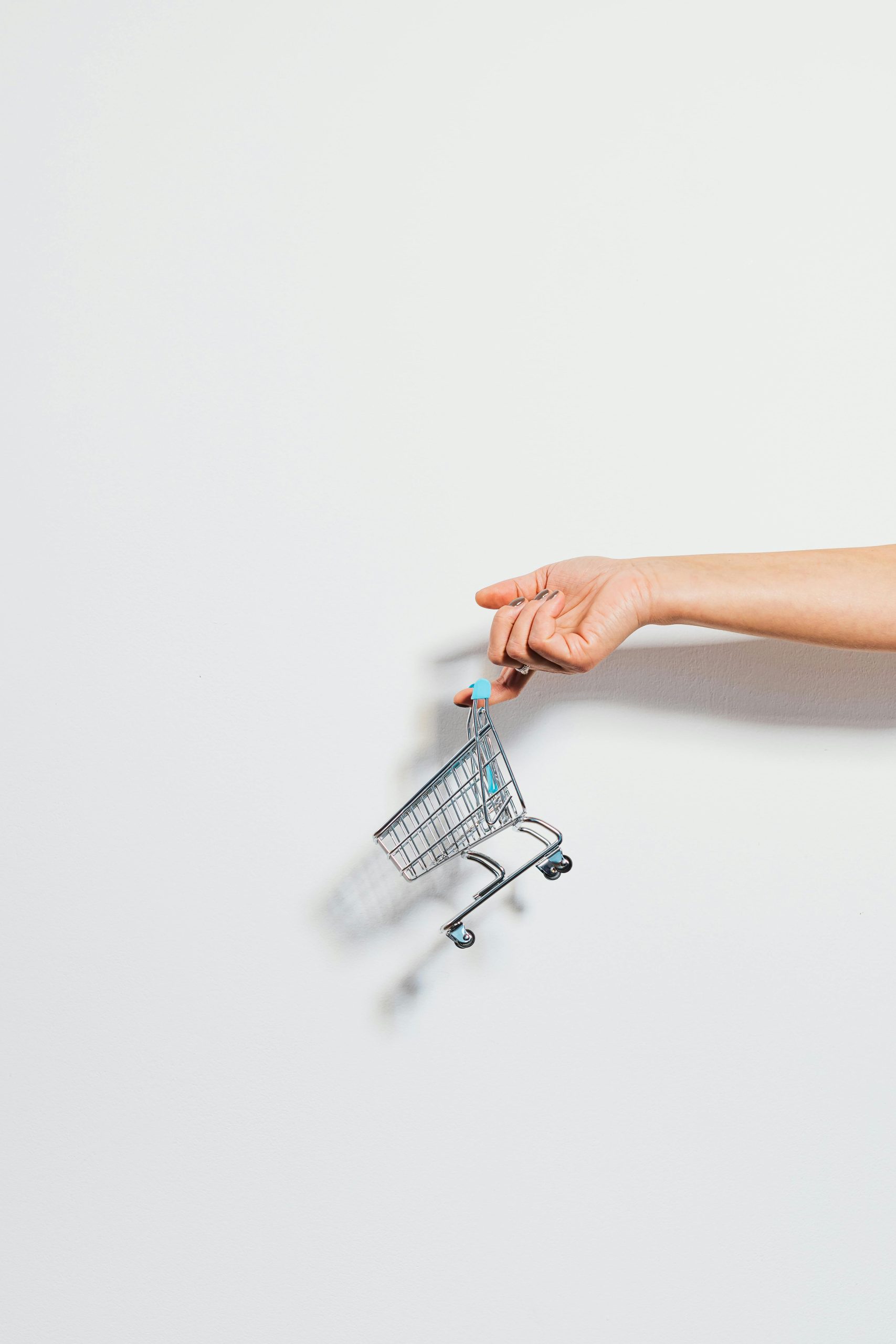The new “smart” shopping carts from companies like Amazon and Kroger are more than just a convenient way to skip the checkout line. They are sophisticated surveillance platforms on wheels. These carts use a combination of cameras, sensors, and artificial intelligence. They are designed to track nearly every move you make inside the store. This data is incredibly valuable to the retailer. It provides a detailed, second-by-second account of your shopping habits and psychology.

Your Exact Path Through the Store
The most basic data these carts collect is your physical path. The cart’s sensors create a map of your journey through the store. It tracks which aisles you visit and in what order. Retailers analyze this data to understand traffic flow. It helps them optimize the store’s layout to maximize their exposure to high-profit items.
Your “Dwell Time” in Front of Products
The carts do not just track where you go. They also track how long you stay there. This is known as “dwell time.” If you pause for thirty seconds in front of the cookie aisle, the system logs that hesitation. This data tells the retailer which products and displays are most effective at capturing your attention. It helps them refine their marketing and product placement.
Items You Pick Up and Put Back
The cart’s cameras and weight sensors can often detect when you pick an item off the shelf, even if you do not scan it. More importantly, they can tell when you put an item back. This is a goldmine of data for the retailer. It tells them which products are tempting you but are ultimately losing the sale, perhaps due to price or a competitor’s better placement.
Your Real-Time Reactions to Ads

Many smart carts have a screen that displays targeted advertisements. The cart’s system can then track your immediate response to that ad. For example, it can show you an ad for a specific brand of soda. Then, it can record whether or not you actually place that soda in your cart moments later. This gives the retailer a direct measure of an ad’s effectiveness.
Your Connection to Your Online Profile
When you sign into the cart with your loyalty account, you connect your in-store trip to all your past purchase history. The system can then integrate this data with your online shopping habits. It creates a comprehensive, 360-degree profile of you as a consumer. This allows the company to build a highly accurate predictive model of what you are most likely to buy next.
The End of Anonymous Shopping
The era of the anonymous in-store shopping trip is quickly coming to an end. These new surveillance carts turn every customer into a walking data point. They provide retailers with an unprecedented level of insight into our decision-making process. While this technology offers convenience, it comes at a significant cost to our privacy. It transforms the grocery store into a real-world laboratory for consumer research.
What do you think about these new smart shopping carts? Is the convenience of skipping the checkout line worth the loss of privacy?
What to Read Next
- Why Are Grocery Carts Getting Smaller Again?
- 10 Cart Tactics Stores Use To Encourage Overspending
- Should We Be Rewarding People Who Return Their Grocery Carts?
- Single and Grocery Shopping? Here’s What Your Cart Might Say About You
- From Cart to Heart: Why Grocery Shopping Together Is the New Love Language
The post What Are These New Grocery Surveillance Carts Really Tracking? appeared first on Grocery Coupon Guide.




.jpg?w=600)


